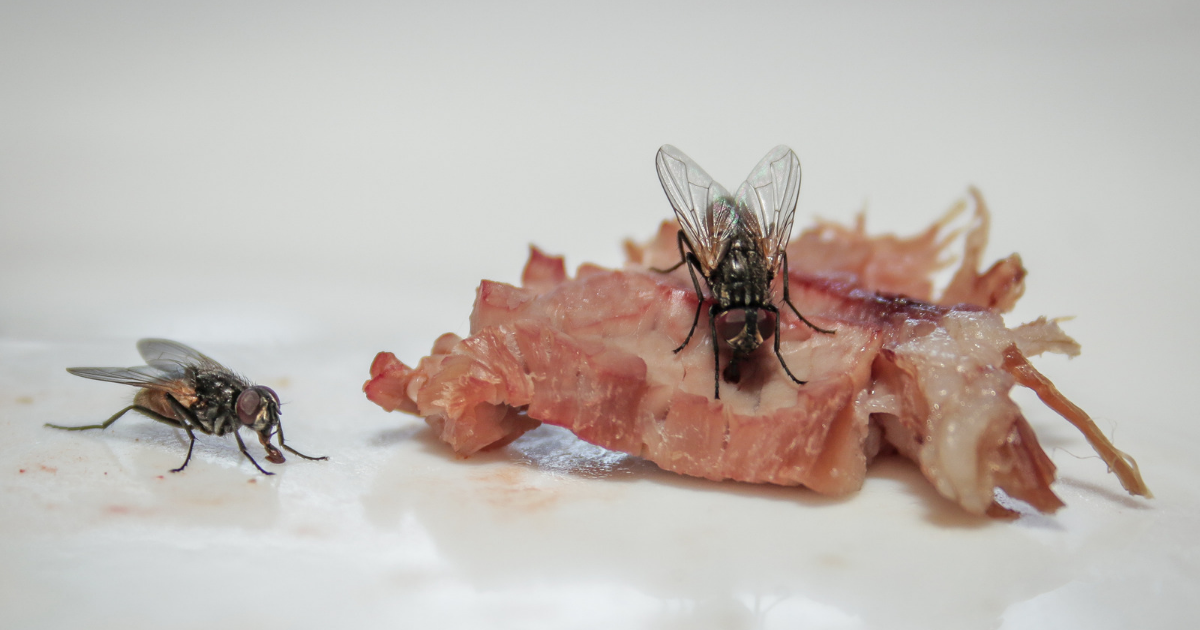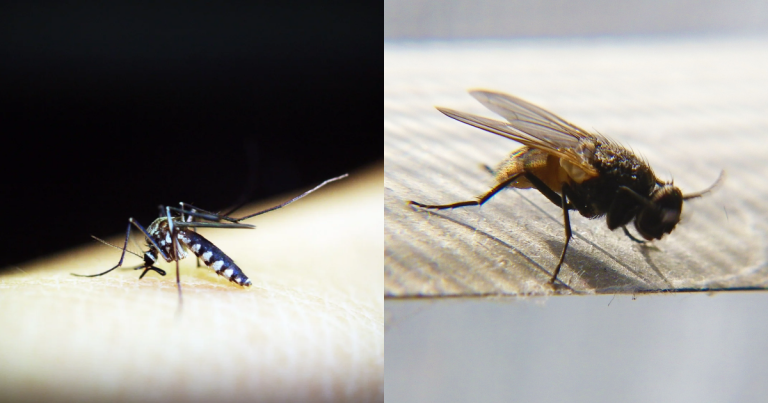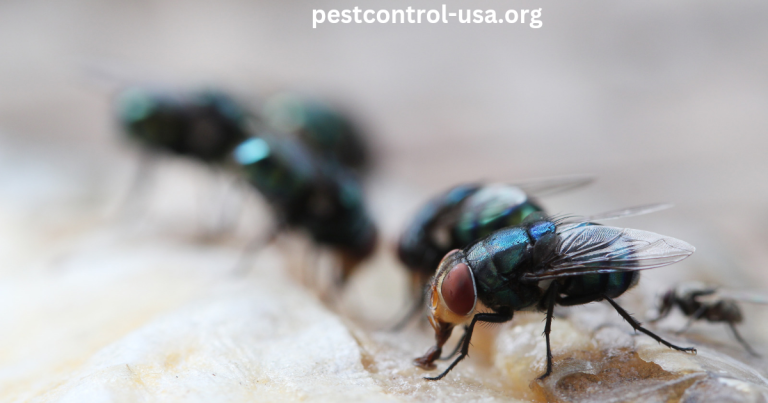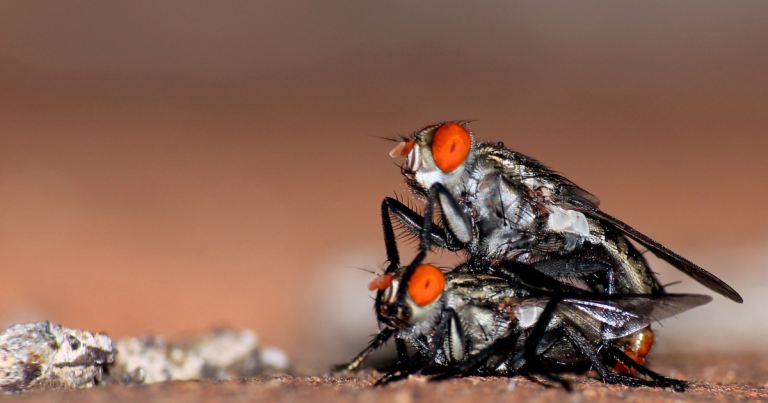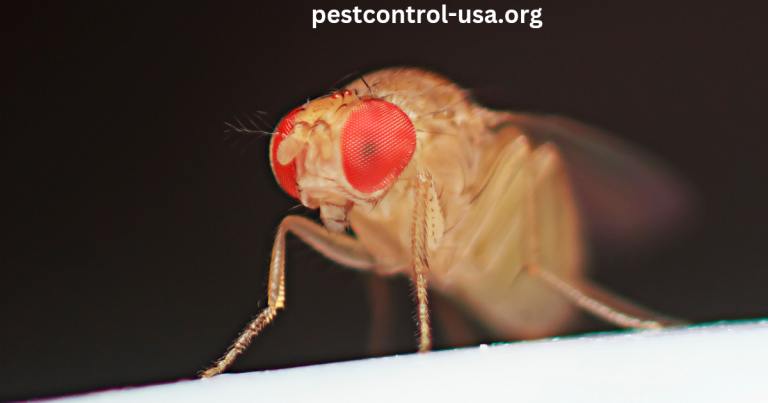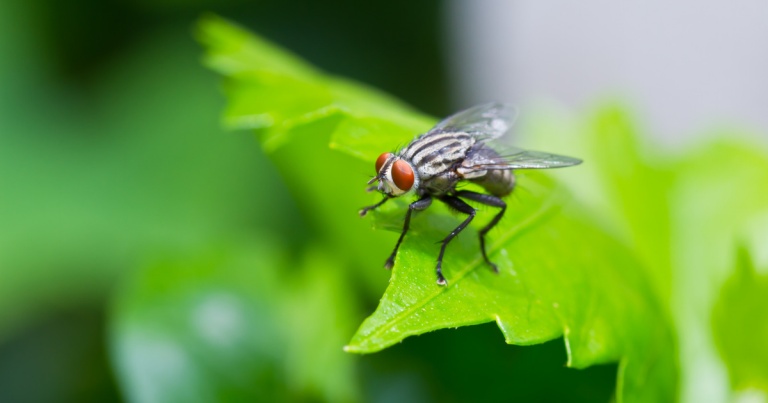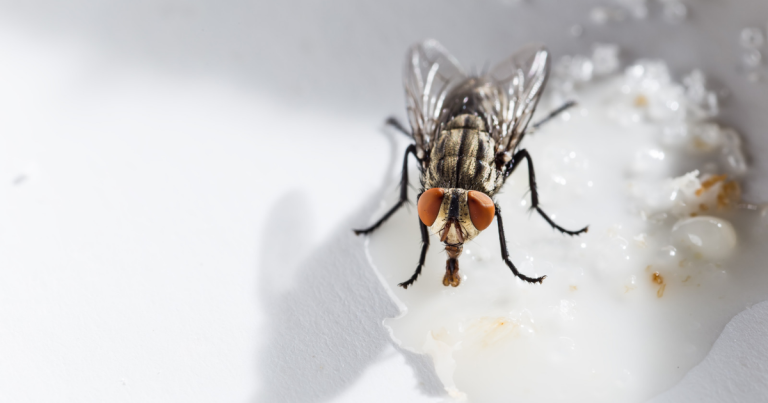It’s the warm summertime and you’re outside enjoying a picnic with your family. Suddenly, a pesky fly lands on your arm and won’t leave you alone. You may swat at it angrily, but have you ever stopped to wonder: are flies really all that bad? In this blog post, we’ll take a closer look at these often-maligned creatures to see if they’re really as harmful as we think.
Do Flies Transmit Diseases?
One of the main reasons we dislike flies is because we believe them to be carriers of disease. And while it’s true that some species of flies are capable of transmitting diseases like typhoid fever, cholera, and dysentery, the common housefly is not one of them. In fact, according to entomologist Anne Averill, PhD, houseflies are not even particularly good at picking up bacteria from surfaces. “They don’t have teeth,” she explains. “They can only regurgitate their stomach contents onto food.” So while you may not want a fly landing on your food, there’s no need to worry that it will make you sick.
What About Allergies?
Another common concern is that flies can trigger allergies in people who are susceptible. And while it’s certainly possible to be allergic to anything—including fly saliva—it’s actually quite rare. In most cases, the allergic reaction is caused by something else in the fly’s environment, such as pollen or dust mites. If you suspect you may be allergic to flies, the best thing to do is consult with an allergist who can perform tests to determine the cause of your symptoms.
Are Flies Harmful to the Environment?
While flies may not pose much of a threat to humans or animals, they can be harmful to the environment. One way they do this is by spreading invasive species when they travel from one place to another. For example, when fruit flies infest organic produce shipments from other countries, they can introduce new pests and diseases into local ecosystems. Additionally, some species of flies lay their eggs in animal manure, which can contaminate water supplies and spread disease if the manure is used as fertilizer.
Conclusion
Flies are often seen as nothing more than nuisance insects, but there is more to them than meets the eye. Though they are not particularly good at transmitting diseases and are only rarely responsible for triggering allergies, they can be harmful to the environment in some ways. Next time a fly lands on your arm or buzzes around your head, remember that there is more to these creatures than meets the eye.
FAQs
How Do Flies Get In The House?
If you’re like most people, you probably don’t enjoy having flies buzzing around your home. Not only are they annoying, but they can also carry diseases. Flies typically enter homes through open doors or windows. They can also come in through cracks and crevices in the foundation or walls. Once they’re inside, they’ll start looking for food and places to lay their eggs.
How Do I Get Rid Of Flies?
There are a few things you can do to get rid of flies in your home. First, make sure you’re not giving them anything to eat. Keep food covered and dispose of garbage regularly. You should also keep your kitchen and bathroom clean, as flies are attracted to dirty surfaces. Finally, make sure you’re not giving them anywhere to lay their eggs. Repair any cracks in the foundation or walls and caulk any gaps around doors and windows.

